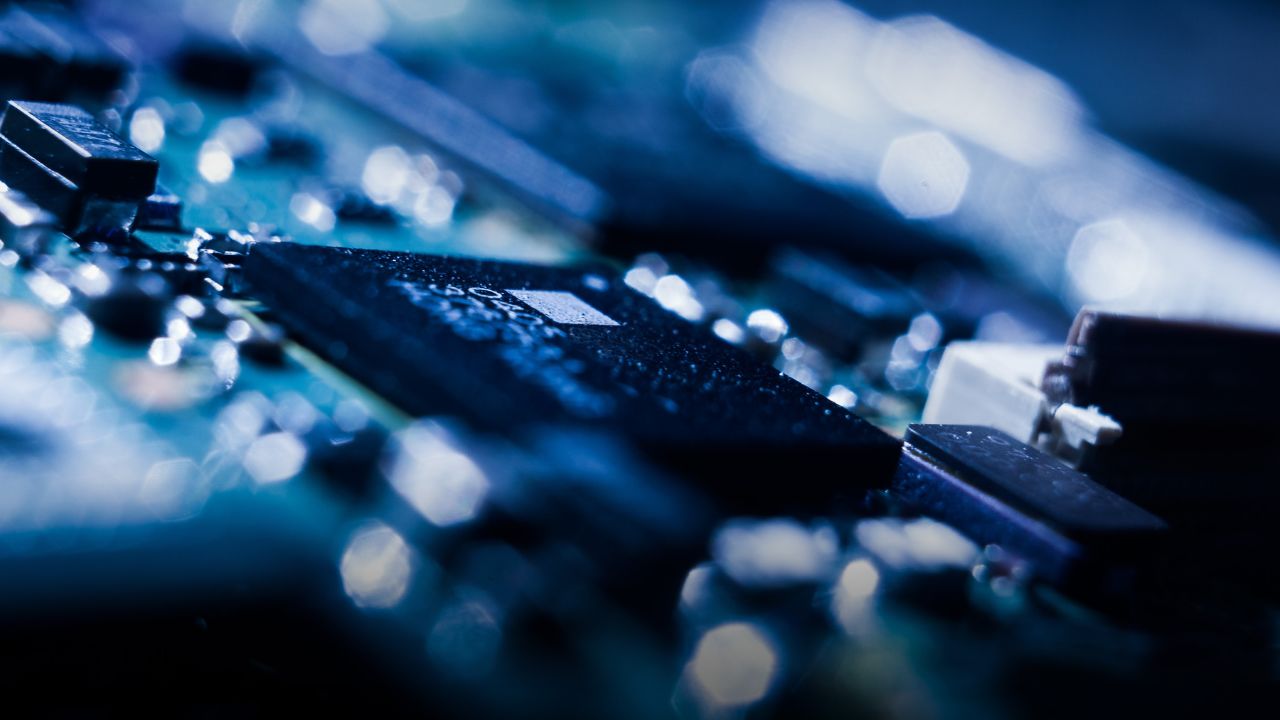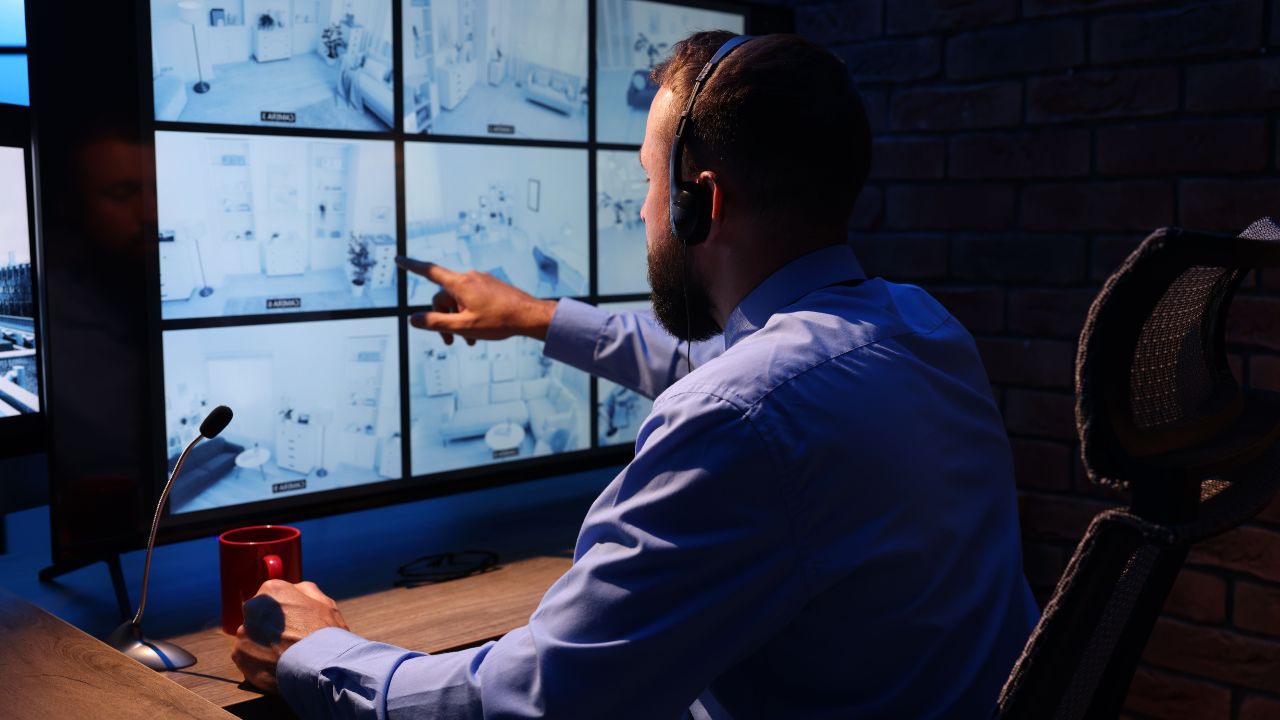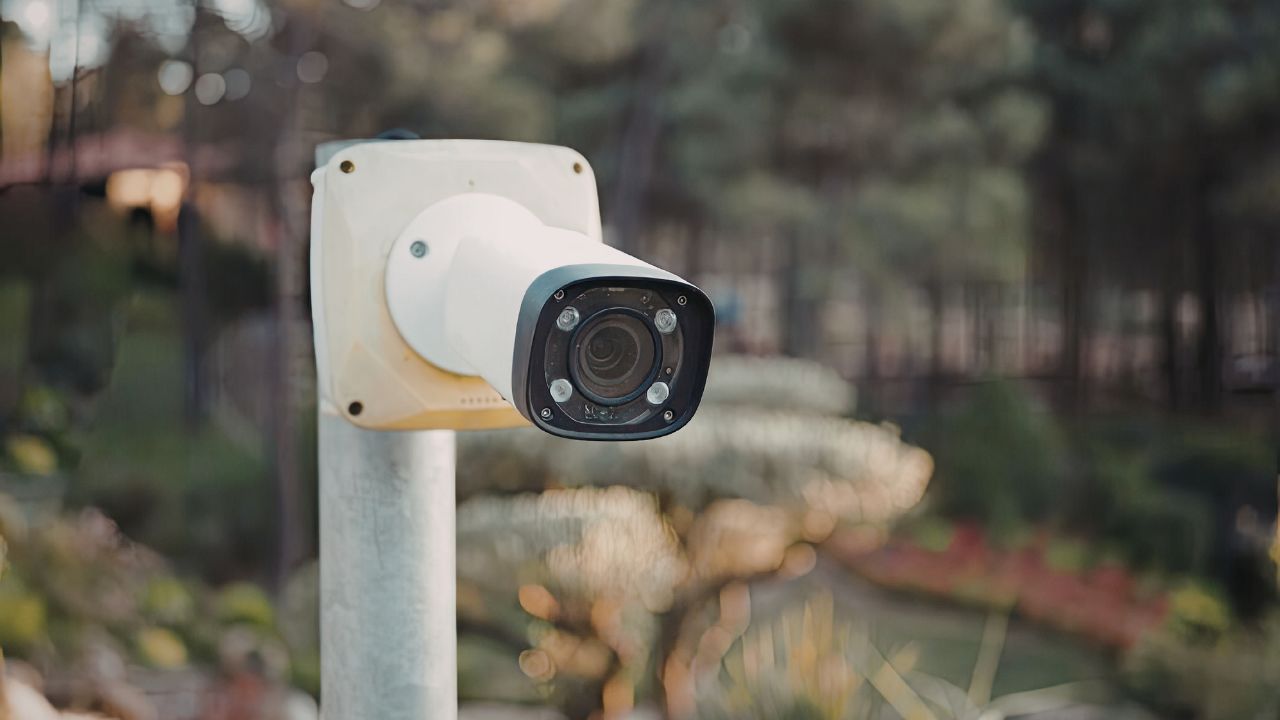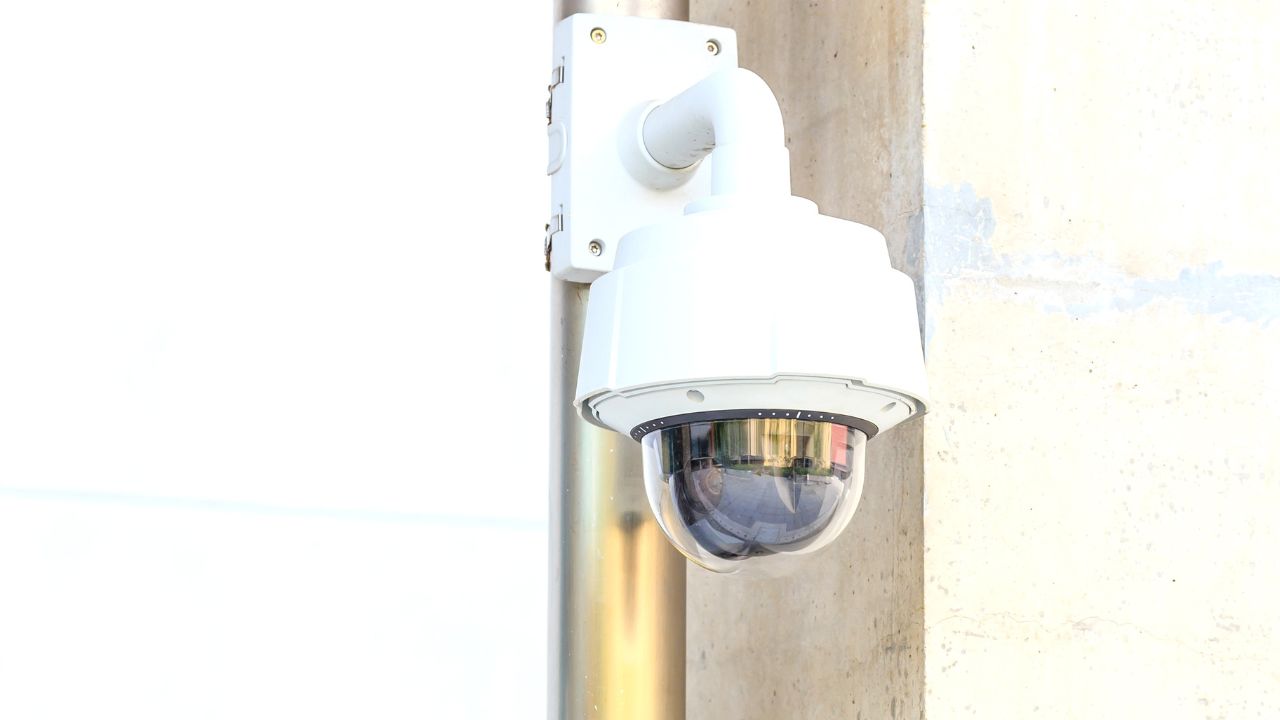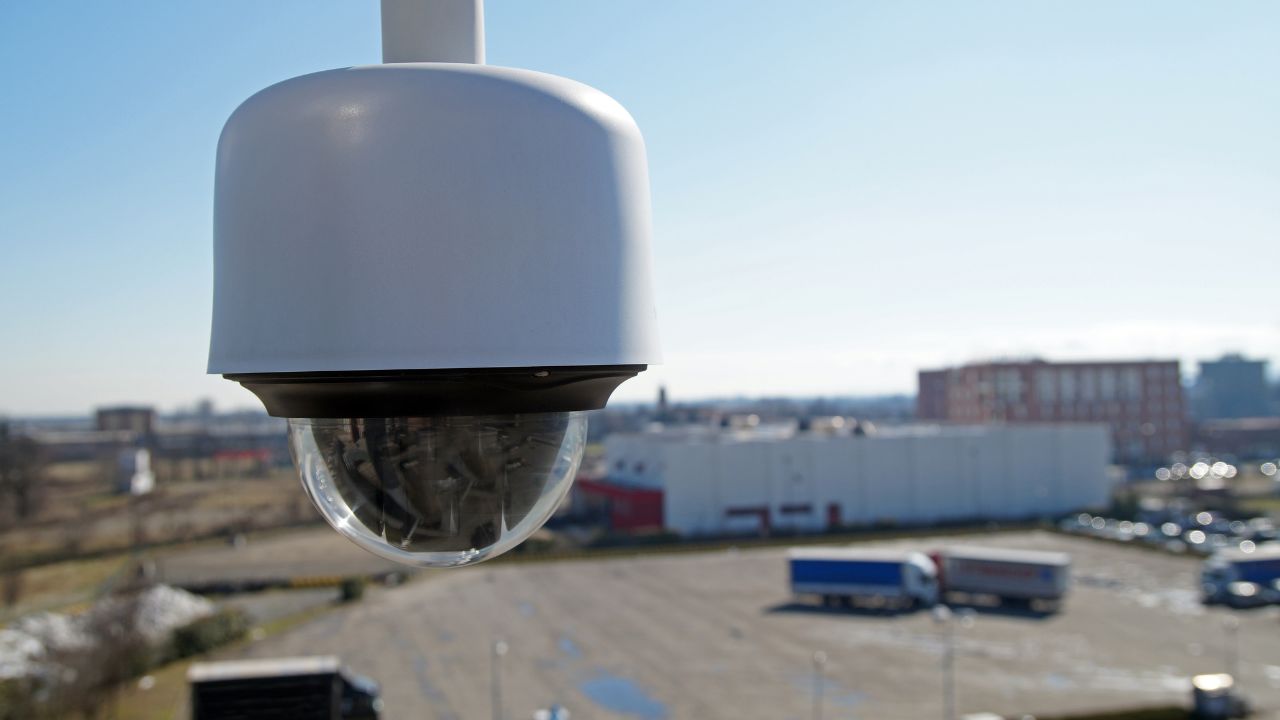Security surveillance is a critical aspect of maintaining safety and order. Traditional methods often rely on visible light, which can be limited by darkness or obscured by environmental factors. Thermal imaging security technology addresses these limitations by detecting and visualizing the infrared radiation emitted by objects; it can provide a clear picture regardless of lighting conditions.
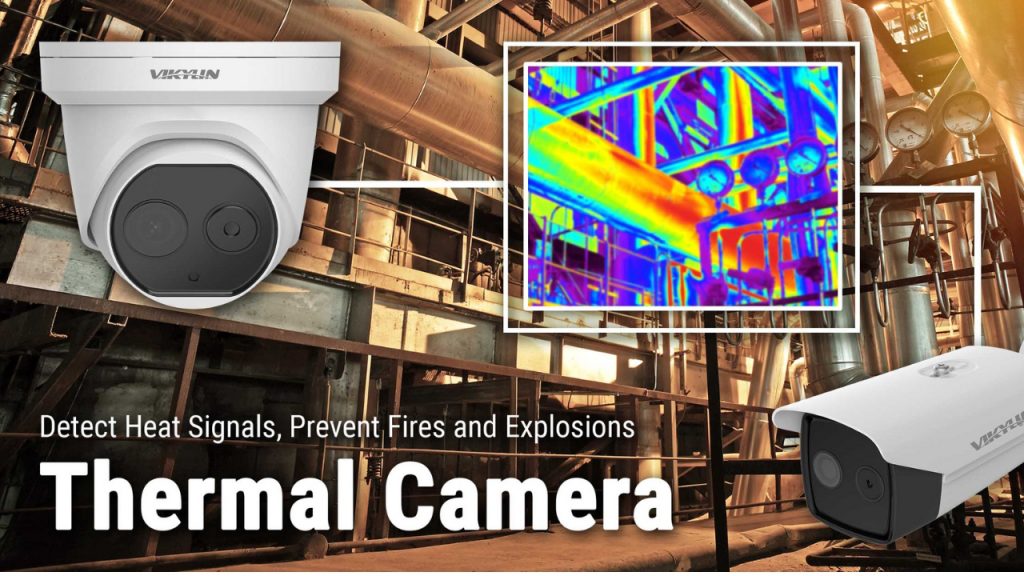
How Security Thermal Imaging Enhances Surveillance:
Night Time Surveillance
Security thermal imaging cameras operate effectively in complete darkness, providing high-resolution images that allow for the identification and tracking of individuals or activities that might otherwise go unnoticed.
Detection of Concealed Objects or Individuals
Thermal imaging can penetrate through camouflage, such as foliage or other natural cover, by detecting the heat signatures of hidden objects or individuals that differ from the surrounding environment.
Early Fire Detection
Thermal imaging CCTV security cameras can identify areas of elevated temperature, which is crucial for early detection of fires. This allows for a rapid response, potentially preventing significant damage or loss of life.
Body Temperature Monitoring
During health crises, such as pandemics, thermal imaging has been instrumental in screening for elevated body temperatures in crowded areas, facilitating the identification of individuals who may be infected and require further assessment.
Environmental Monitoring
Security thermal imaging is used to monitor environmental temperature changes, which is particularly useful for predicting and warning against natural disasters such as landslides or volcanic activity.
Intelligent Analysis
Integrating security thermal imaging with AI algorithms enables the system to conduct intelligent analysis, distinguishing between humans and animals and reducing false alarms to improve the efficiency of surveillance operations.
Equipment Monitoring
Security camera with thermal imaging is valuable for monitoring the temperature distribution of equipment, allowing for the early detection of overheating or other anomalies that could lead to equipment failure or accidents.
Privacy Protection
Thermal imaging cameras do not capture facial features or other personal identifiers, which means they can be used for surveillance without infringing on privacy rights.
Conclusion
Thermal imaging technology offers a robust set of tools for enhancing security surveillance, providing clear advantages over traditional methods. Its applications are diverse and continue to evolve, ensuring that security measures remain effective and adaptable to various challenges.

